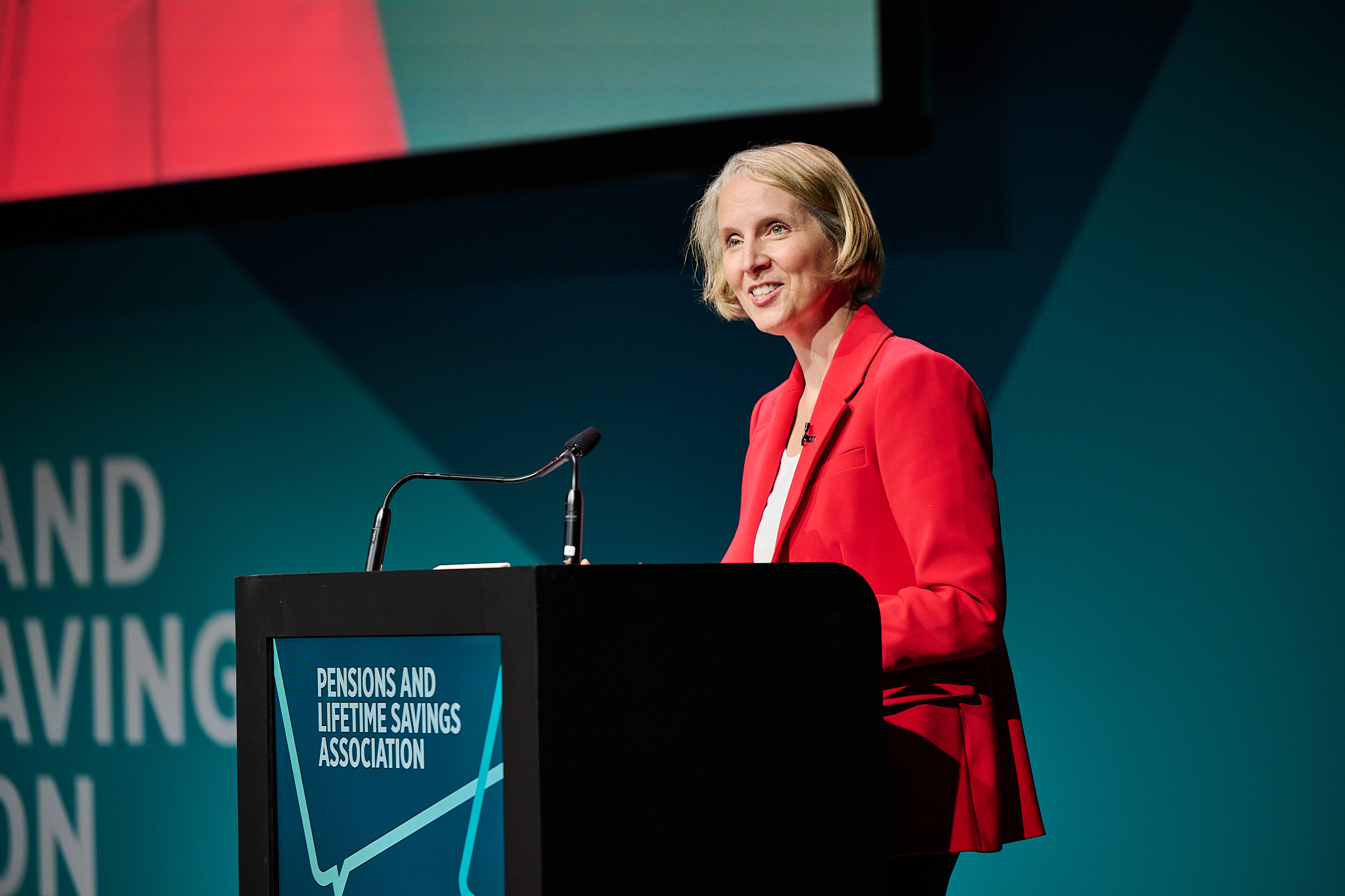Industry experts have argued that the Chancellor’s Autumn Budget will “test the seriousness” of the government’s approach to improving pension outcomes, with concerns raised over the long-term impact of raising employers’ national insurance contributions (NIC).
Chancellor, Rachel Reeves, will give the new Labour government’s first budget next week, with ongoing speculation about whether changes to pension tax could appear, after the Chancellor previously highlighted a ‘£20bn black hole’ in public finances.
Association of Consulting Actuaries (ACA) chair, Stewart Hastie, said that the ACA had responded to the value for money consultation, and despite “largely” supporting the proposed approach, it made suggestions around the need to expand the framework to cover decumulation.
However, Hastie said it feels “inevitable” that there will likely be “adverse” changes to the tax treatment of pension contributions and/or retirement benefits as part of the forthcoming Autumn Budget.
He stated: “As per the representations we have made to the Treasury - our principal call is that this must be done cognisant of the consequences and challenges and with proper consultation of industry.
“This includes the key challenge of ensuring the media narrative doesn’t run away with them on this – saver confidence can be as easily undermined by perceptions, as much as the policy changes themselves.
“It would be an ‘own goal’ for tax changes to worsen the savings adequacy challenge that current and future generations already face, and that the second stage of the government’s Pensions Review is seeking to address.”
In addition to this, he argued that the “eventual” decisions on taxation associated with pension and savings contributions would “test” the seriousness of the government’s “avowed intention of improving income outcomes for the growing numbers living longer lives”.
RSM UK also urged the government to consider the long-term impact an increase in employers’ NIC could have on pension savings, acknowleding that an increase in employers’ NIC looked “increasingly likely” in next week’s Budget.
But RSM UK head of pensions, Ian Bell, argued that applying employers’ NICs to pension contributions would be a “short-term revenue raising exercise that is likely to disadvantage workers and their pension savings in the long-term”.
Bell said this illustrated why the UK needed a joined-up cross-party strategy on pensions to prevent successive governments from “raiding the pensions piggy bank”.
Furthermore, he acknowledged the success of auto-enrolment (AE), but argued the contribution rates were “not nearly enough” and there needed to be an increase to 12 per cent if workers were to afford a “decent” retirement.
Bell argued to achieve this will mean increased costs for employers, suggesting this will potentially “come on the back of increased costs of additional NICs”.
“When AE was first introduced, employers had to factor this into their employment costs, however it was at least tax and NIC free, giving them some incentive in offering contributory pensions for workers,” he explained.
“If NICs are now added to employers’ pension contributions, research shows this disincentivises companies from offering a more generous contributory pension to staff, potentially making workers poorer at retirement.”
Indeed, RSM UK cited research from the Rewards and Employee Benefits Association and the Association of British Insurers which showed that three-quarters of UK employers pay more than the 8 per cent minimum contribution.
However, this research found that if the employers’ NIC rate was increased, nearly half (42 per cent) said they would reduce their employees’ pension contributions, while 63 per cent would be less keen to increase payments in the future.
Therefore, Bell said that successive governments have made “short-sighted” revenue raising changes to pensions which have made long-term financial planning difficult for savers.
“With an ambitious £40bn to find, it appears the Chancellor may be about to move the pension saving goal posts yet again,” he argued.
“As part of the promised Pensions Review and forthcoming Pensions Bill, we’d like to see a long-term cross-party strategy for pensions savings treatment, to give workers certainty and confidence in their retirement plans.”
In addition to this, St James Place divisional director of retirement and holistic planning, Claire Trott, said “There has been talk about removing the national insurance (NI) exemption on employer pension contributions, this would bring them in line with income payments when it comes to cost to the employer.”
However, she argued that given the requirement for AE and the savings that are “often passed on through salary sacrifice”, changes such as these would have a “far-reaching impact and spread beyond the employer to hit the ‘workers’ that have been promised to be protected”.
She emphasised that this felt like a “step too far” when considering NI changes to raise revenue.
Latest News
-
TPR urges trustees to ensure defaults reflect saver patterns
-
FCA opens targeted support authorisation gateway
-
Spring Statement set to test pension stability as adequacy and tax pressures mount
-
Phoenix Group completes name change to Standard Life
-
PMI marks 50th anniversary with renewed focus on standards and education
-
Policy and geopolitical turmoil drive record share of DB sponsor profit warnings
THE ROLE OF INSURANCE LINKED SECURITIES (ILS) IN PENSIONS TODAY
Francesca Fabrizi sits down with Leadenhall Capital Partners Senior Managing Director, Alistair Jones, to talk about the role of Insurance Linked Securities (ILS) in pension fund investing today
Private markets – a growing presence within UK DC
Laura Blows discusses the role of private market investment within DC schemes with Aviva Director of Investments, Maiyuresh Rajah
Podcast: From pension pot to flexible income for life

Podcast: Who matters most in pensions?

In the latest Pensions Age podcast, Francesca Fabrizi speaks to Capita Pension Solutions global practice leader & chief revenue officer, Stuart Heatley, about who matters most in pensions and how to best meet their needs
© 2019 Perspective Publishing Privacy & Cookies










Recent Stories